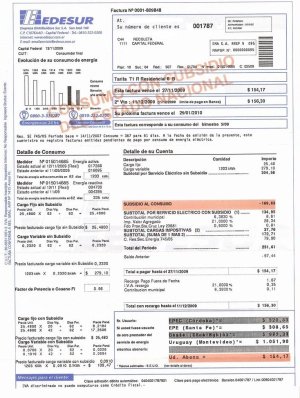Finance Prof
Well-known member
With inflation it has been rough. Building HOA monthly expenses have gone up 88% from January to June 2024. the year on year increase is 272% increase. Ouch.
I see that trend in my apartment. Fees have gone way up more than these figures. Mine just this year have gone up 150%. Probably headed even higher. What is worse is I'm starting to see people in my building fall way behind and stop paying expenses so that is going to put a burden on the rest of the owners to pay the bills.

 www-baenegocios-com.translate.goog
www-baenegocios-com.translate.goog
I see that trend in my apartment. Fees have gone way up more than these figures. Mine just this year have gone up 150%. Probably headed even higher. What is worse is I'm starting to see people in my building fall way behind and stop paying expenses so that is going to put a burden on the rest of the owners to pay the bills.

Las expensas en edificios de CABA acumulan una suba de casi 88%
Limitan el uso de luminarias en espacios comunes y de la caldera


